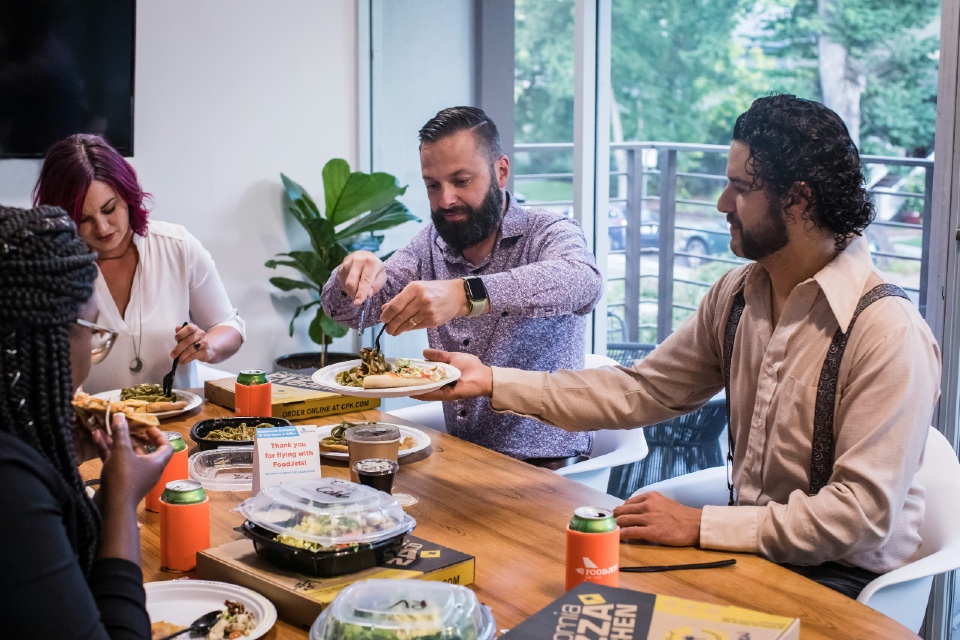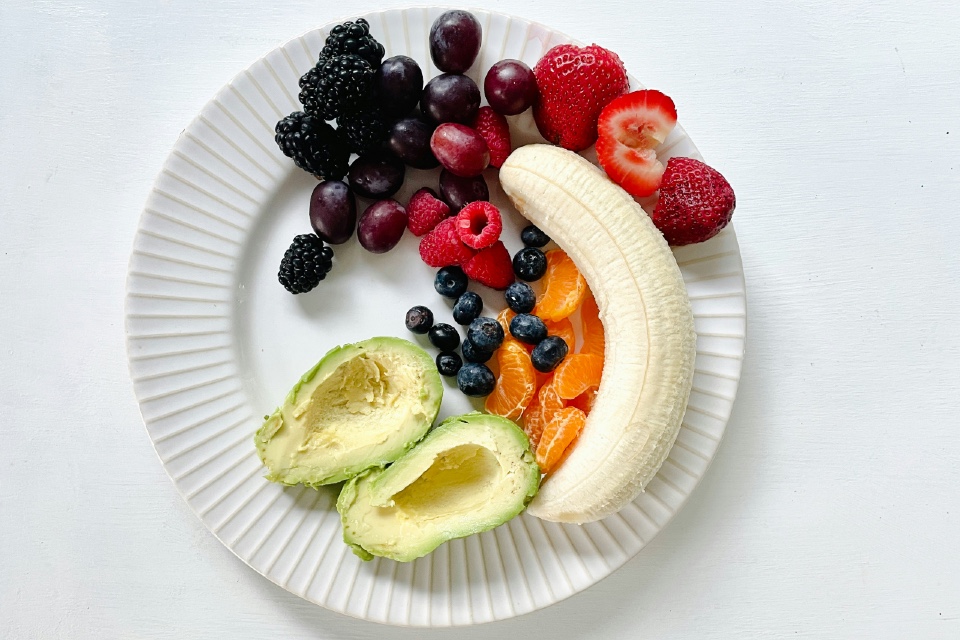Planning and preparation by catering teams in the build-up to Christmas are crucial to ensure smooth operations and a successful festive period. Tess Warnes, Dietician at independent food procurement specialist allmanhall, offers her tips on preparing for one of the busiest times of the year…
Start early: Orders and deliveries
From the start of November, the demand for festive products surges, leading to limited stock availability across the market. It is important to forecast and place orders as early as possible, enabling suppliers to allocate stock more effectively, thereby reducing the risk of short deliveries and out of stocks.
By placing orders early, catering teams can also take advantage of supplier promotions and manage budgets more efficiently, but still allow for small adjustments closer to the delivery date when more exact operational requirements are known.
While placing forward orders helps suppliers allocate products, it does not guarantee stock. The closer the delivery is to Christmas, the higher the likelihood of shortages. Where there is feasible storage, place orders for non-perishable and long-shelf-life items several months in advance to secure the stock. This also allows more time for contingency plans should there be any stock issues on any products.
For fresh produce, work with suppliers or through your procurement partner to schedule advance orders with delivery dates closer to the event.
Double-check order details, quantities, and delivery dates to avoid last-minute surprises.
Supplier engagement and communication
During the busy festive season, maintaining communication within the supply chain is crucial. Regularly engage with suppliers to stay informed about market conditions, commodity challenges, and product availability.
Shortages can arise from limited availability further down the supply chain, such as failed deliveries. Suppliers will attempt to recover stock and, where feasible, source alternative supply chain routes, but it’s essential to understand these challenges early so contingency plans can be made.
Currently there are challenges within the potato and cocoa markets, impacting products which are normally high on the requirements for festive menus, so securing stock as early as possible is vital. Once the availability of these products becomes limited, finding any routes to market will be challenging, with associated cost implications.
Pricing
With surges in demand and limited supply, prices can be volatile during the festive period. Without any prior negotiation or supplier management, costs for products can quickly escalate often resulting in a budgetary overspend and overuse of resources reviewing the market for the most cost-effective options.
By regularly conducting market analysis and monitoring key commodities, catering teams can identify trends and anticipate challenges. This enables early negotiation with suppliers, ensuring fixed, favourable pricing for the festive period.
Technology
The effective use of technology significantly enhances efficiency and accuracy. While these benefits are evident year-round, they become even more crucial during the busy festive period, further aiding operations.
Implementing a catering controls platform can be particularly beneficial, aiding in budget management through recipe building, costings, invoice management, and stock reporting.
Inventory management can be particularly challenging during the festive season, but by using a catering controls platform, catering teams can significantly simplify stock management and have more accurate reports, optimising stock levels.
Catering control platforms provide a comprehensive audit trail from orders to invoices, ensuring complete accuracy in ordering processes. This feature allows catering leads to verify all placed orders, minimising errors and ensuring smooth operations during the frenetic festive season.
“Proper planning and preparation from a procurement perspective are essential for catering establishments to navigate the season successfully”, comments Warnes. “ By starting early, managing supplier relationships, monitoring market conditions, managing inventory, and incorporating technology, catering teams can ensure a smooth, cost-effective, and successful festive period.”
Christmas food trends
Finally, Christmas is an opportunity to experiment and add new culinary delights to menus. There is a growing trend to mix cuisines of different cultures to create new flavours. Festive offerings such as roasted Chinese duck, turkey tacos, brussel sprout pakoras and cumin and coriander roast potatoes are just a few ideas that will bring exciting tastes of the world to dining tables.
The mushroom trend has surged in popularity and are often found in dishes around the festive season because that tends to be when most mushrooms are foraged and therefore in season. An indulgent venison wellington with duxelles makes for a hearty centrepiece.
Devilled eggs are making a return to the retro reappraisal, and for those looking to swap sweet to savoury, last year’s popular savoury profiteroles once again contribute to this year’s trend of festive flavours.
The demand for plant-based options is expected to grow this Christmas. Plant based festive food is every bit as delicious as its meaty counterpart and this trend is booming. Nut roasts, dairy-free desserts, and vegan-friendly gravies and stuffings will help create new traditions to celebrate the season of goodwill.
Photo by Chad Madden on Unsplash






